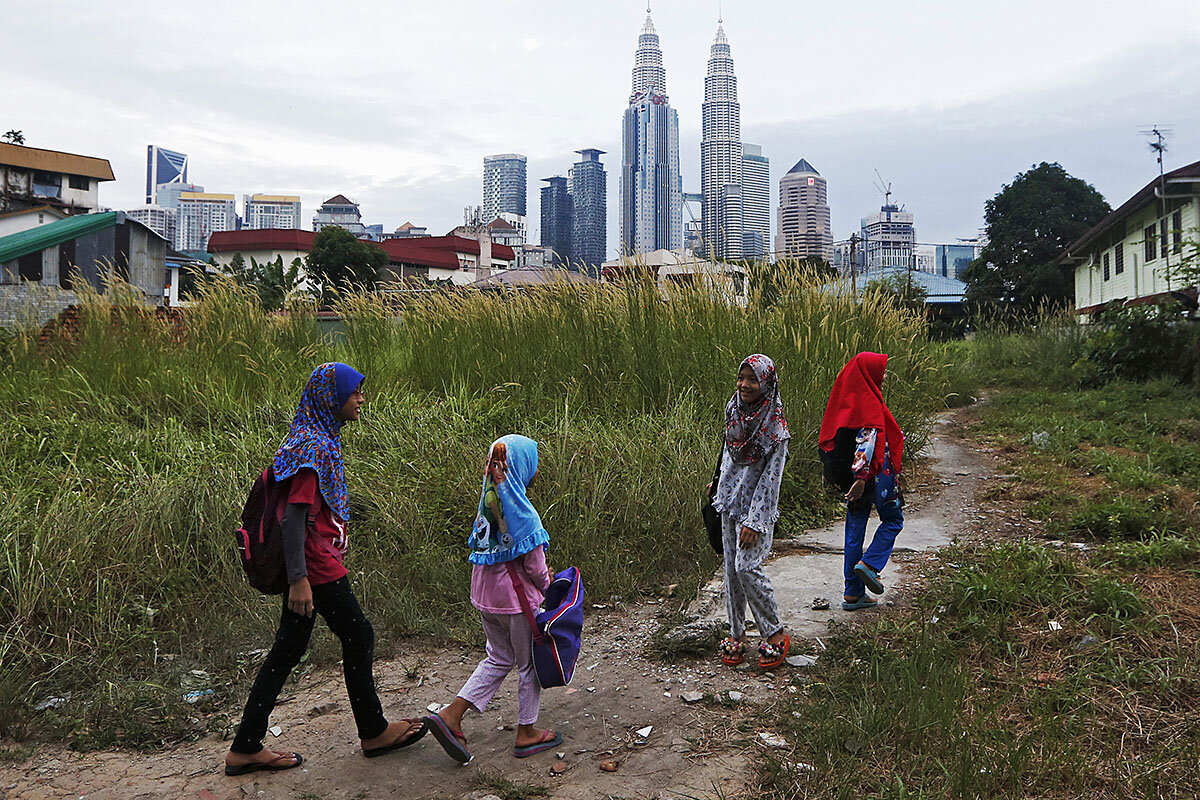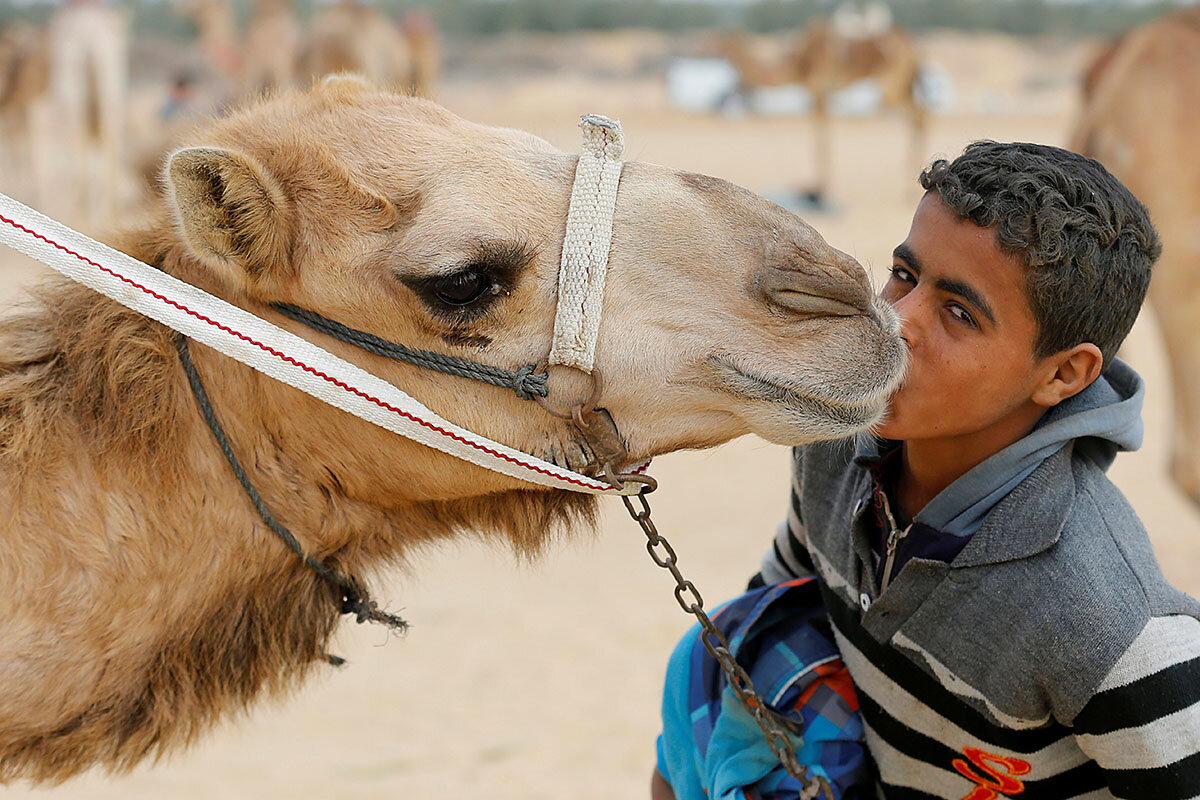Once a bloc of voters gets its candidate into office, satisfaction means deciding how the officeholder’s actions hold up against campaign promises. As this piece explains, unforeseen twists can be seen as breaches – or as trade-offs that work.
Monitor Daily Podcast
- Follow us:
- Apple Podcasts
- Spotify
- RSS Feed
- Download
 Clayton Collins
Clayton Collins
This week delivered a one-two wallop on “media” in its broader sense.
In a major act of competitive consolidation, Disney snapped up Fox (as was jokingly predicted on “The Simpsons” in 1998).
And a federal ruling on net neutrality (a 3-2 vote at the FCC) threw more gatekeeper power to internet service providers.
Such shifts raise consumer anxiety, and big questions. Can laws adapt to changes in the media-tech landscape in an era of rapid evolution – and deregulation? Will the gatekeepers play fair? Providers insist that they won’t slow the flow of legal content. But New York’s attorney general is already leading a multistate lawsuit against what he calls an “illegal rollback.” The action moves next to the courts.
"The larger context,” says Mark Trumbull, the Monitor’s economy editor, “may be the question of how diverse our digital lives will be." Some see the net neutrality ruling as an accelerant of media consolidation, not a promoter of competition.
Then there are issues of equality. Many Americans simply breathe information. But there remains a major digital divide. It’s felt most acutely in rural areas, where slow speeds or weak (or nonexistent) signals limit access. And it’s a particularly high-stakes concern for students facing homework that assumes easy access, as this powerful video makes clear.
As I wrote back in May, the internet's now practically a utility. So what’s the best way to lay an information pipe to more people? And whose hands ought to be on the spigot?
Now to our five stories for your Friday, showing examples of introspection and reorientation on political policies, cultural practices, and the past.










